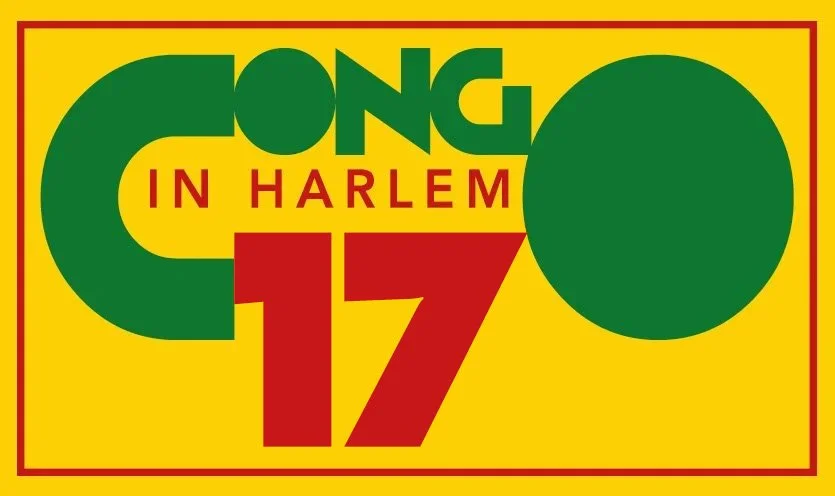Monday, October 19th
7:30PM
Early Silent Colonial Films
Courtesy of:
Early Silent Colonial Films
Dir. Ernest Genval
Belgium, 1926-1938, 65 min.
A collection of short silent films made by Belgian cinematographer Ernest Genval. These films, mostly commissioned by the Belgian government, are a window into Congo’s history during a period of rapid development and transition, and cover such topics as the construction of the first railroad in Congo and early efforts at mining gold. The program will include From Boma to Tshela (1926, 29min), Gold (1938, 16min), Within the Work Fair (1926, 5min), and The Life of the Watermen (1938, 13min).
Post-screening discussion with filmmaker Jean-Michel Kibushi
Filmmaker:
Ernest Genval (1884-1945) was a Belgian poet, singer and filmmaker best known for films shot in the Belgian Congo between 1924-1938. During the first World War, Genval became a singer in the Belgian army, and after the conflict he went on a successful cabaret tour of the Belgian Congo. Upon his return to Belgium in 1924, he tried to earn a living by producing advertising films. He also shot a (lost) feature film about the life in rural Belgium, The Becasse Farm, on which he collaborated with Victor Morin, an experienced cameraman who had previously worked together with Jacques Feyder. In the meantime he discovered that Belgians were as avid for information about the Belgian Congo and the mandated territories in Central Africa as they were ignorant about the real situation. He therefore decided to make good use of his experience and contacts and return to the colony with his cameraman and equipment. Touring the country by car, Genval succeeded in making a dozen short films commissioned by, or dealing with, colonial enterprises. In 1927 he made the long documentary 'The Congo Awakens', which premièred in Brussels before being officially released by Gaumont-Metro-Goldwyn. The film was a pean to Belgium's civilization, techno-industrial and medical achievements in the colony. After this financial success, Genval returned to Africa several times to make films and ethnographic documentaries. In Belgium he continued to direct a number of advertising films. In 1945, he was arrested by the Gestapo on the charge of collaboration with the underground press and deported to Dachau, where he eventually succumbed to typhoid fever.


